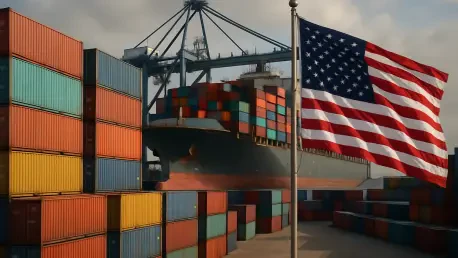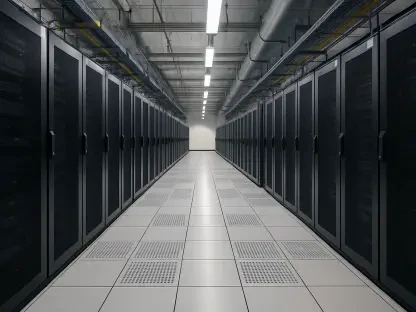The recent trade investigation initiated by the United States has cast a spotlight on Brazil’s alleged unfair practices that potentially affect U.S. commerce, particularly focusing on the ethanol market. This probe, launched by the Office of the U.S. Trade Representative (USTR) under Section 301 of the Trade Act of 1974, scrutinizes Brazil’s trade policies, which the United States claims may be discriminatory or restrictive towards American businesses. Among the key issues are limited access to the Brazilian market for American ethanol producers, restrictive digital trade practices, preferential tariffs, and intellectual property concerns. Additionally, Brazil’s lax enforcement of anti-corruption and environmental laws contributes to the tension. Consequently, the investigation may lead to significant developments, including the imposition of tariffs should Brazil be found in violation of fair trade obligations.
Issues at the Core of the Investigation
Limited Market Access and Tariffs
One of the principal concerns for the United States in its investigation of Brazil’s trade is the limited market access for American ethanol in Brazil. The U.S. argues that Brazil has implemented preferential tariffs that unfairly benefit local ethanol producers while imposing restrictions on imports from the U.S. Such measures have ostensibly impacted American farmers and ethanol producers, leading to reduced competitiveness and market share in Brazil. These barriers are perceived as part of a broader set of policies designed to give Brazilian companies an unfair edge in the ethanol market, prompting the U.S. to take action under Section 301. The potential impact on bilateral trade relations is significant, and the U.S. seeks to address these issues through formal consultations with Brazil, as well as a scheduled public hearing set for September of this year.
Digital Trade Practices and Intellectual Property
Beyond ethanol, the U.S. investigation also extends into the realm of digital trade practices and intellectual property rights in Brazil. The USTR has highlighted concerns that restrictive digital trade policies might be limiting opportunities for U.S. technology companies in Brazil. Simultaneously, the inadequate protection of intellectual property rights is another critical issue, as it creates unfavorable conditions for American businesses seeking to operate in the Brazilian market. The U.S. contends that Brazil’s existing legal frameworks and enforcement mechanisms are insufficient to safeguard American innovations. This aspect of the investigation underscores the broader tensions that exist in U.S.-Brazil trade relations, as it builds a case that Brazil is not meeting its international trade obligations to foster a fair and balanced commercial environment.
Implications for U.S.-Brazil Trade Relations
Potential Outcomes and Future Developments
If Brazil’s trade practices are found to be in violation of fair trade obligations, the investigation may lead the U.S. to take drastic measures such as the imposition of tariffs. Such actions could potentially escalate tensions between the two nations and affect a wide array of stakeholders, including companies, farmers, and workers on both sides. The USTR has sought consultations with Brazilian counterparts, hoping to find a resolution and avoid further complications. Nevertheless, the September hearing represents a critical juncture in determining the future course of action, and the outcome will significantly influence the dynamics of U.S.-Brazil relations.
Broader Trends in U.S. Foreign Trade Policy
This trade investigation marks a continuation of the U.S.’s broader strategy of proactively addressing foreign trade practices that may harm its economic interests. The investigation aligns with a global trend where countries are increasingly vigilant about protecting domestic markets from perceived unfair foreign competition. The move also highlights the global economic landscape’s complexity, where even longstanding alliances are subject to dispute and scrutiny over competitive practices. As the investigation proceeds, its developments will be closely monitored by stakeholders who are keenly interested in maintaining stability and promoting equitable trade practices worldwide.
Navigating Future Trade Dynamics
If Brazil is found to be engaging in unfair trade practices that violate international trade standards, the U.S. could respond with significant measures such as imposing tariffs on Brazilian goods. These actions might increase tensions between the United States and Brazil, affecting a broad array of stakeholders like companies, farmers, and workers from both countries. Such an economic dispute has the potential to disrupt supply chains, alter export and import conditions, and create economic uncertainties for businesses reliant on bilateral trade. The U.S. Trade Representative (USTR) is actively pursuing discussions with Brazilian officials in an attempt to resolve issues amicably and avoid escalating the situation. The upcoming hearing in September is crucial, as it will play a decisive role in shaping the direction and tone of U.S.-Brazil trade relations moving forward. The hearing’s outcome will have a long-lasting impact on how these two nations collaborate and compete on the global stage.









